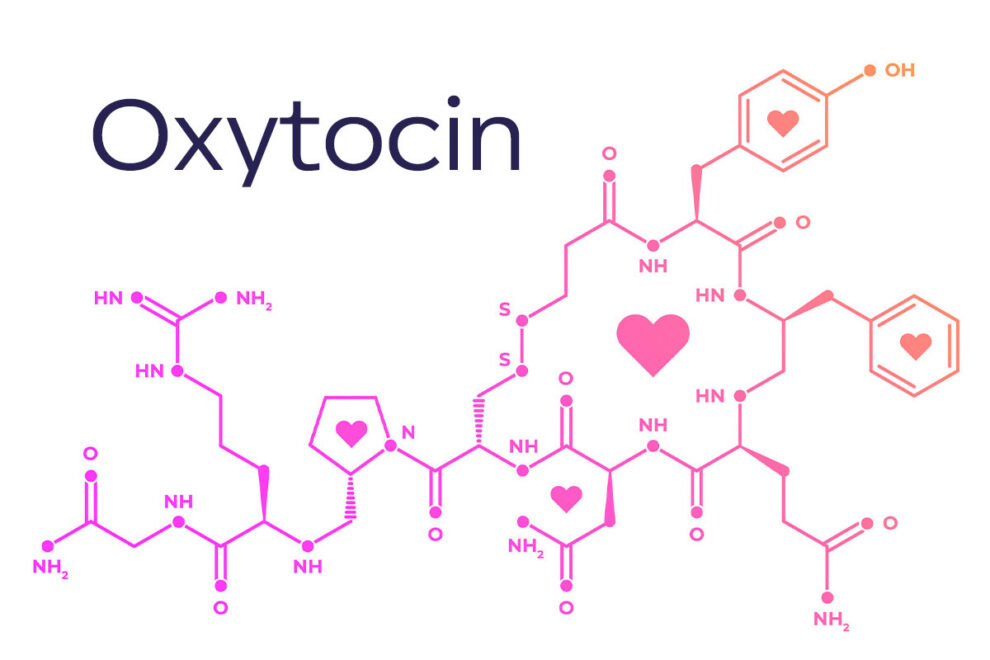
One of the most well-known effects of oxytocin is its role in childbirth and breastfeeding. During labor, oxytocin helps to stimulate contractions in the uterus, facilitating the delivery of the baby. Additionally, it is released during breastfeeding, promoting the let-down reflex that allows milk to flow from the breasts. This process helps to create a strong bond between mother and child, fostering feelings of love, bonding, and attachment.
In addition to its role in childbirth and breastfeeding, oxytocin is also involved in social bonding and connection between individuals. Research has shown that when oxytocin levels are elevated, people are more likely to trust others, display empathy, and engage in prosocial behaviors. This has led to the theory that oxytocin plays a key role in the formation and maintenance of close relationships.
Studies have also found that oxytocin can enhance feelings of intimacy and attachment in romantic relationships. For example, one study published in the journal “Psychoneuroendocrinology” found that couples who engaged in activities that increased oxytocin levels, such as hugging or holding hands, reported higher levels of relationship satisfaction and lower levels of conflict.
Furthermore, research has shown that oxytocin may have a role in reducing stress and promoting relaxation in relationships. For example, a study published in the journal “Biological Psychiatry” found that administering oxytocin to couples in conflict decreased cortisol levels (a stress hormone) and increased positive communication and cooperation between partners.
While oxytocin has many positive effects on relationships, it is important to note that it is not a magic solution to all relationship problems. Like any hormone, oxytocin’s effects can vary depending on individual differences and circumstances. Additionally, too much oxytocin can have negative effects, such as increasing feelings of jealousy or attachment anxiety.
In conclusion, oxytocin plays a crucial role in promoting bonding, trust, and intimacy in relationships. By understanding the effects of this powerful hormone, couples can explore ways to enhance their connection and strengthen their relationship. Whether it’s through physical touch, acts of kindness, or simply spending quality time together, embracing the power of oxytocin can help create a strong and lasting bond between partners.





























Add Comment